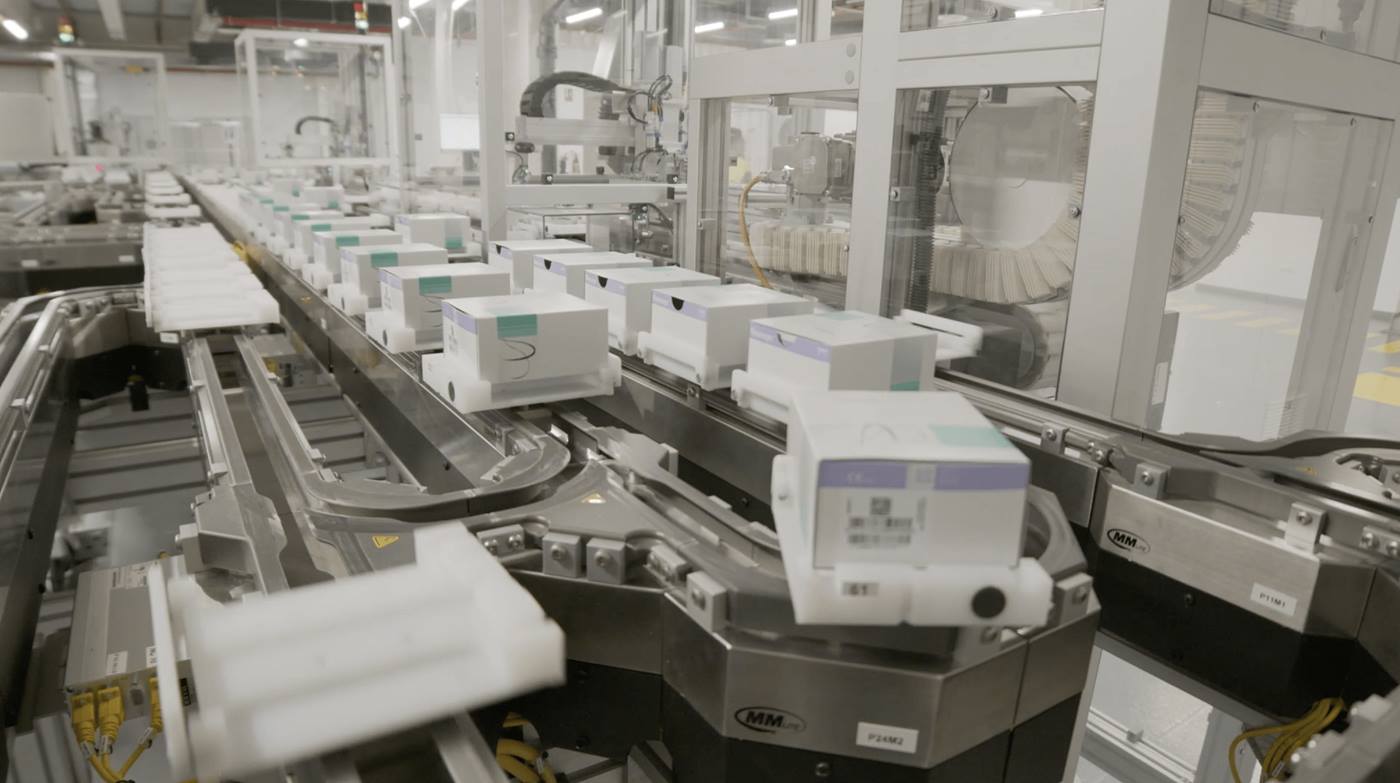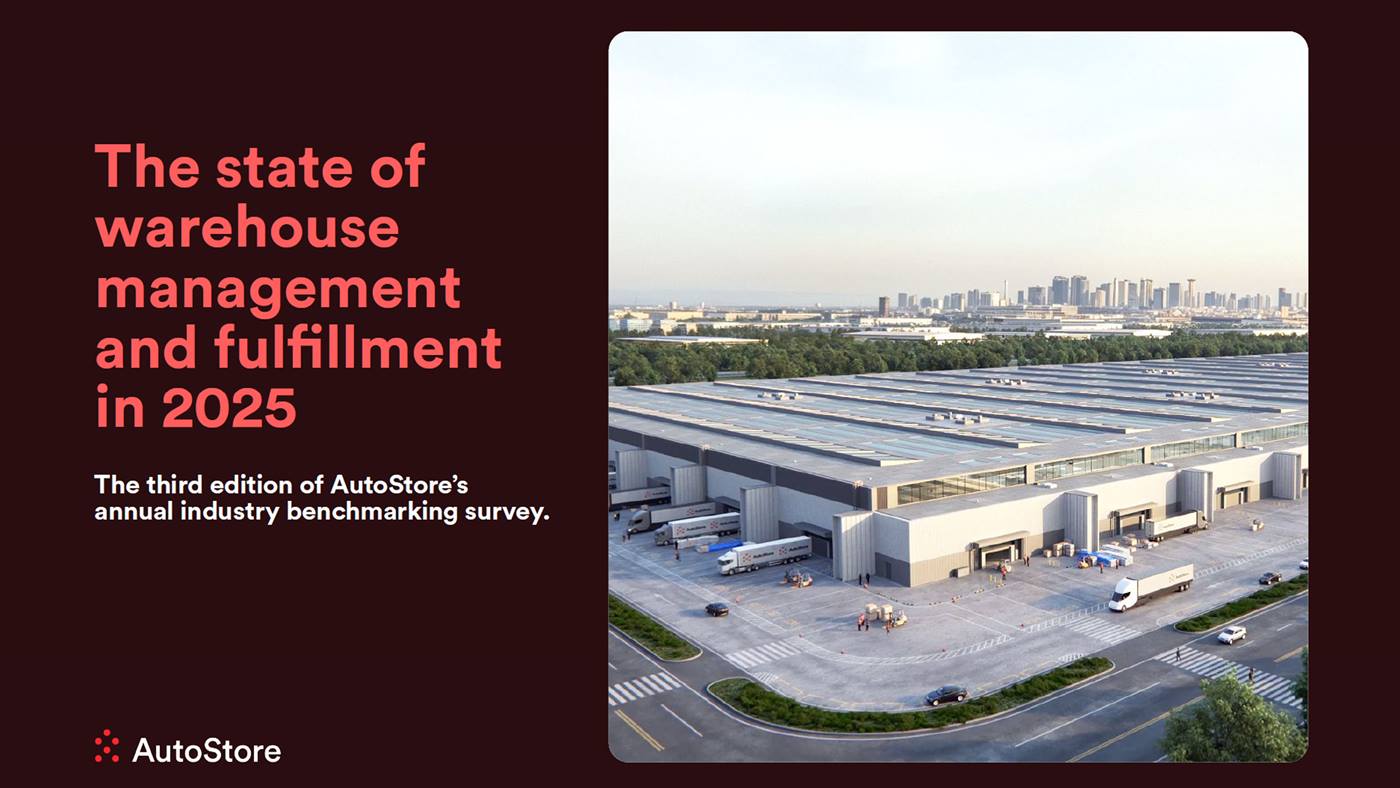The strategic value of automation in supply chain risk management

Safeguarding people and safety
Manual tasks in high-volume or cold environments create exposure to injuries and high turnover. Automating repetitive work reduces dependence on volatile labor markets and creates safer, more attractive workplaces.
Employees can shift into higher-value tasks while technology handles repetitive work. This dual benefit supports retention and strengthens operational stability, keeping the workforce engaged and productive.
Ensuring operational continuity
Downtime and disruptions can cripple a business. Automated orchestration software, such as Swisslog’s SynQ, help ensure consistency and reduce human error. Resilient systems keep operations running even when unexpected challenges occur.
Solutions like ASRS and shuttle systems provide predictable throughput and adapt quickly to demand swings. This reliability reduces vulnerability to interruptions and maintains customer service levels.
Protecting compliance and performance
Industries such as pharmaceuticals and food require strict compliance and traceability. Automation ensures chain-of-custody integrity, logs every action, and supports audits and reporting. This reduces regulatory risk while strengthening customer trust.
At the same time, automated systems streamline operations and minimize costly errors. Companies gain predictable output, improved quality, and financial stability—all critical for sustainable growth.

Scaling for market resilience
Markets are unpredictable, and demand can shift quickly. Modular automation allows companies to expand or contract capacity without major infrastructure changes. This flexibility enables businesses to respond effectively to changing customer needs.
Companies that embrace scalable automation are better positioned to absorb market shocks, support service expectations, and sustain long-term growth. Automation becomes not just an efficiency tool, but a strategic safeguard.
Reducing implementation risk
Even the best automation systems can fail without proper planning. Selecting proven technology and a reliable partner is essential. Simulation, emulation, and robust service support help ensure systems perform as expected.
Swisslog reduces implementation risk through early validation, lifecycle support, and fast-response service. Most issues are resolved on first contact, giving organizations confidence in their automation investments.
Building resilience through automation
Risks are unavoidable, but their impact can be controlled. By implementing automation, organizations reduce exposure to labor, compliance, operational, and market uncertainties.
The result is a more resilient supply chain that thrives in disruption while preparing for the future.












